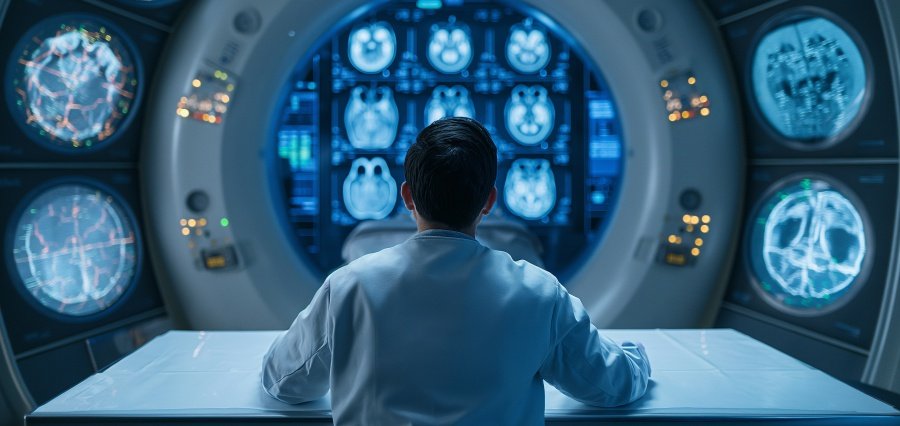Amid rising heart failure rates across Canada, the urgent need for precise prognostic tools has become increasingly apparent. In response, researchers at the Peter Munk Cardiac Centre in Toronto have introduced SEATTLE HF, an artificial intelligence (AI) system designed to enhance the accuracy of heart health forecasts compared to traditional physician assessments.
Dr. Carolina Alba, a staff cardiologist at the Centre, emphasized the limitations of human cognition in handling complex data. “We recognize that we are limited in how much information we can combine at once,” Dr. Alba stated. “Doctors are well-trained and experienced, but our cognitive limitations are evident. Predictive models like SEATTLE HF offer a solution.”
Dr. Alba clarified that the AI tool is intended to support, not replace, medical professionals. It aims to aid doctors in making more informed decisions regarding treatments, such as heart surgery or medication adjustments. “By using these models, we can better allocate resources and ensure that patients receive the most appropriate care,” she said.
Heart failure affects approximately 750,000 Canadians, with 100,000 new diagnoses annually, according to the Heart and Stroke Foundation. While there is no cure, early diagnosis and tailored treatment can significantly improve life expectancy and quality of life.
To evaluate the AI’s effectiveness, Dr. Alba and her team analyzed data from 11 heart clinics across Canada over a year. They compared predictions made by physicians with those from the AI models. The findings indicated that the AI provided more accurate risk assessments, addressing the common tendency of physicians to overestimate patient risk.
AI tools like SEATTLE HF allow doctors to incorporate various patient data—such as medical history and blood work—into their decision-making process. This capability can lead to more precise treatment recommendations, potentially reducing unnecessary medication and alleviating pressure on the healthcare system.
Patrice Lindsay of the Heart & Stroke Foundation noted that AI can streamline the management of transplant waitlists by predicting patients’ health declines and prioritizing urgent care needs. “AI is not only saving lives but also improving the quality of life for patients,” she said.
Dr. Alba underscored the potential of AI to optimize patient care, particularly in a healthcare system stretched to capacity. However, AI scientist Vallijah Subasri at Peter Munk Cardiac Centre acknowledged that further integration into clinical practice is needed. “There’s a lot of infrastructure work required for hospitals to fully embrace AI,” she said. “But the conversations are beginning, and the value of AI is becoming evident.”
The next steps involve implementing SEATTLE HF in clinics and training family doctors, ensuring the technology is used safely and effectively. Dr. Alba concluded, “We are at a critical
Read More: Click Here




